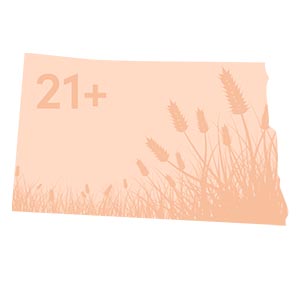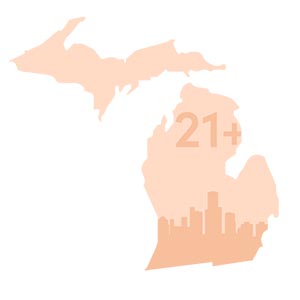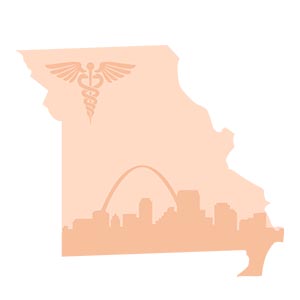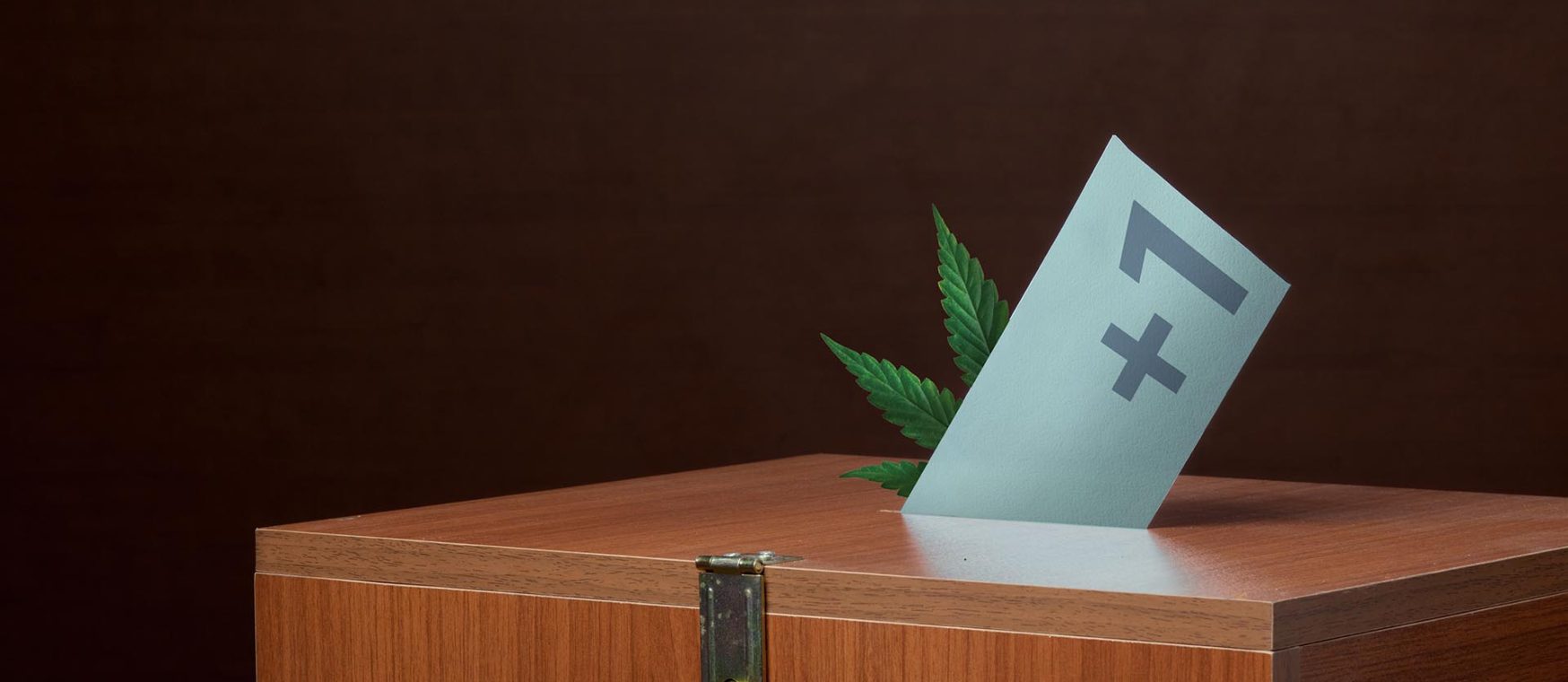The 2018 midterm elections are already seen as pivotal to the direction the country will take in the next two years. In some states, the impact of those elections goes beyond the effect of a red wave or a blue wave. Four states, for instance, are hoping for a green wave.
While North Dakota and Michigan voters will determine the legalization of recreational cannabis for adult users, Utah and Missouri are casting votes over the fate of medicinal use. Here’s a closer look at what it means for each state:

North Dakota
Medical marijuana was legalized in North Dakota as recently as 2016, so if widespread use is legalized, the state will make history by making the fastest leap from medical usage to adult legalization. According to The Bismarck Tribune, there’s an overwhelming show of support for the measure, with more than 79 percent of North Dakota residents favoring legalization.

Michigan
If Michigan is able to get the votes, it will be the first state to bring legalized cannabis to the Midwest. Voters embraced medicinal usage in 2008, and the adult use initiative has a good chance at passing, with 56.2 percent of voters favoring and only 38 percent opposing it.

Missouri
The Show-Me State has the most complicated cannabis legislation on the table, with three separate measures going to voters:
- New Approach – An amendment that would allow patients to grow their own plants at a state-licensed facility.
- Bradshaw Amendment – Would create a state research board and institute helped by physician Brad Bradshaw to make cannabis research a priority.
- Missourians for Patient Care Act – Would create a new state law accepting medical cannabis legalization and place a 2 percent state tax on cannabis products.

Utah
Two factions are squaring off in Utah’s medical cannabis legalization efforts. The Marijuana Policy Project and the Church of Jesus Christ of Latter-Day Saints recently supported the measure. Despite the state’s ultra-conservative reputation, recent polls have shown strong support, with 64 percent of voters favoring the legalization of medical marijuana.
Four States, Far-Reaching Impact
Regardless of whether states go red or blue, analysts say the November elections could be pivotal for the cannabis industry. According to CNBC, the Washington Research Group predicts the elections will provide positive “incremental catalysts” for the cannabis industry.
If both North Dakota and Michigan are able to legalize adult use, it brings the number of states where cannabis can be purchased recreationally to 10. CNBC reports that if that were to happen, it would make cannabis available to about 25 percent of the U.S. population.
Of course, if certain red states swing blue as they are predicted to, it could also open the door to more states considering legalization in the near future.



